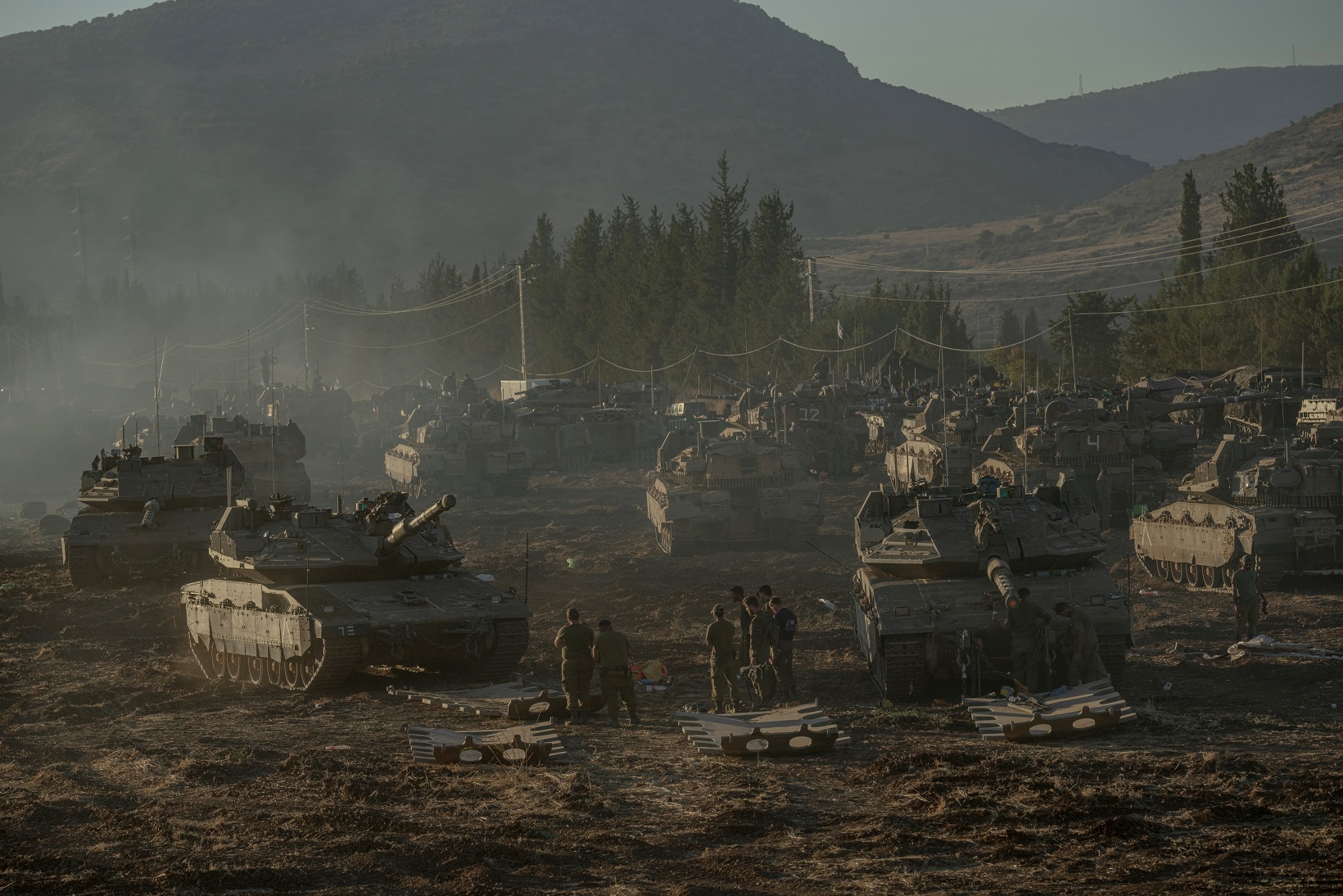
Israel’s ground incursion and earlier missile strike campaign have left many in Lebanon trapped and fearing for their lives, with the devastating effect reaching family members halfway across the world in Dunedin.

During the incursion, the Israeli military asked people not to enter the area south of the Litani River due to intense fighting.
A state-run Syrian new agency reported Damascus had also been targeted, many fearing the spillover fighting could lead to a broader regional conflict.
The conflict has killed more than 1000 people and displaced more than one million in Lebanon.
Dunedin neurosurgeon Ahmad Taha, who is half-Syrian and half-Lebanese, said many people living in the countries saw only one option — death.
"Either they die from the bombardment, or they die from all the other atrocities being committed there."
Many refugees from the Syrian community and other communities in Dunedin passed through Lebanon to get to Dunedin, and many still had family and friends in the country.
"The war doesn’t seem to be ending ... There is no hope at the moment.
"Syrians in Lebanon cannot go back and they cannot go forward. They are simply stuck where they are," he said.
Dr Taha has family members living half an hour from Lebanon’s border with Israel.
"My in-laws came to Dunedin a year ago and they wanted to go back and see their son and daughter, but they can’t go back.
"My uncles, cousins and their families — they have no escape route."
He said Israeli missile strikes aimed at one person — Hizbollah leader Hassan Nasrallah, who was killed in a massive Israeli airstrike on Beirut, came at the cost of obliterating the innocent people around him.
"How can this be called an achievement? Killing countless innocent people to hit one target? In order to kill the bird, do you cut down the whole tree?" he asked.
At work, he was busy saving lives with his Israeli friends and colleagues — there was no animosity in the operating theatre and no "us and them" mentality in their everyday lives in New Zealand, Dr Taha said.
"There is no ‘OK you are Israeli, Syrian, Lebanese, I don’t talk to you’ — there is nothing deep enough to separate us from all being human beings.
"Muslims will not go anywhere, Arabs will not go anywhere and Jews will not go anywhere. None of us will disappear and killing each other is not the answer.
"You can kill people, but that will never kill the issue or the ideas. An eye for an eye just causes two blind people — this is not the way to work for the future."
The Ministry of Foreign Affairs and Trade has been in daily contact with New Zealanders still in Lebanon and has urged any New Zealand citizens to find a passage out of the country as soon as they can.
Forty-six New Zealanders are registered on SafeTravel as being in Lebanon at present.












